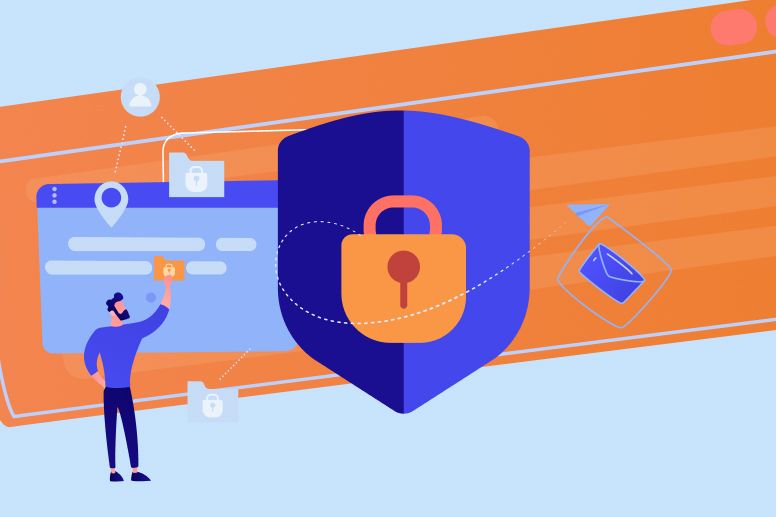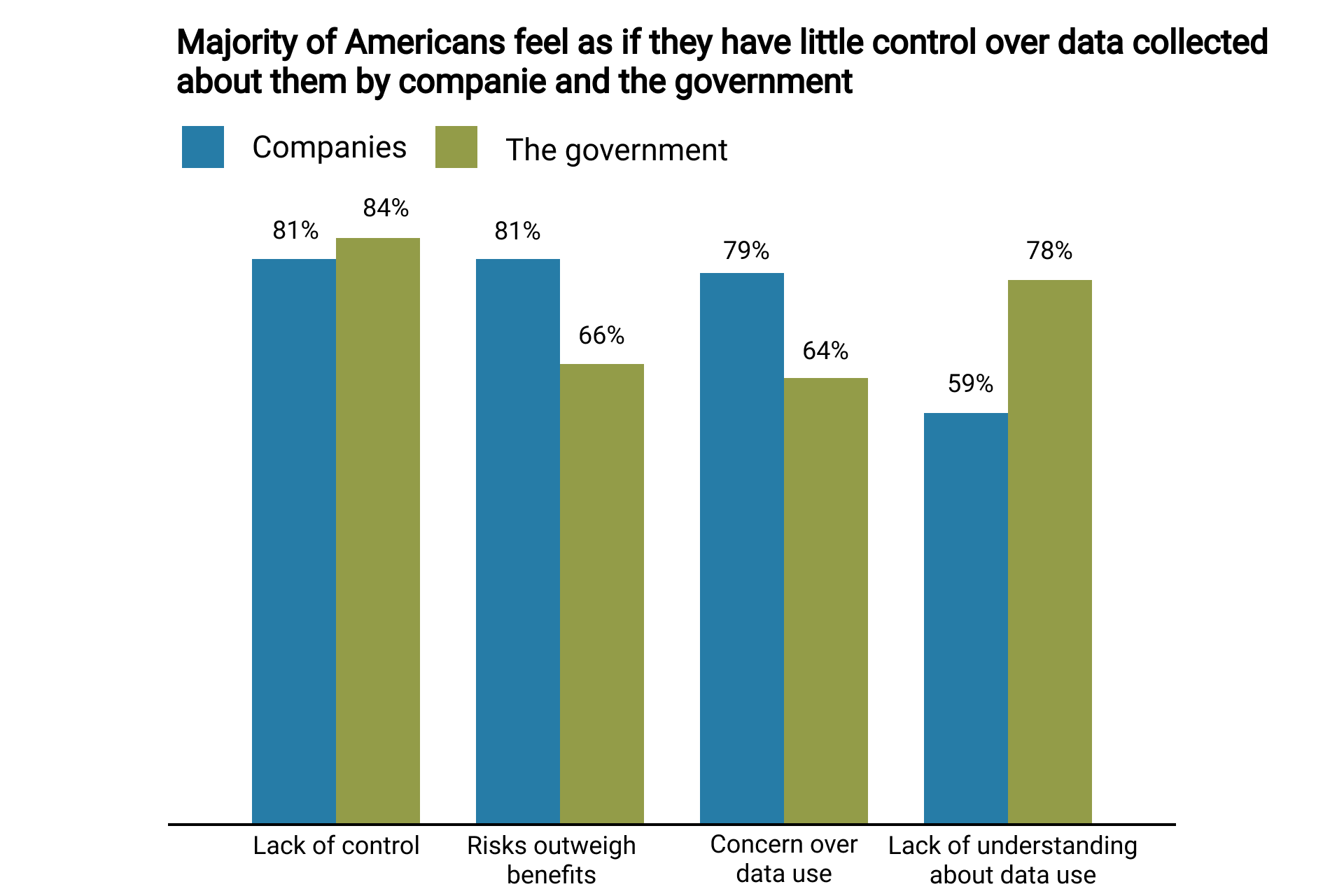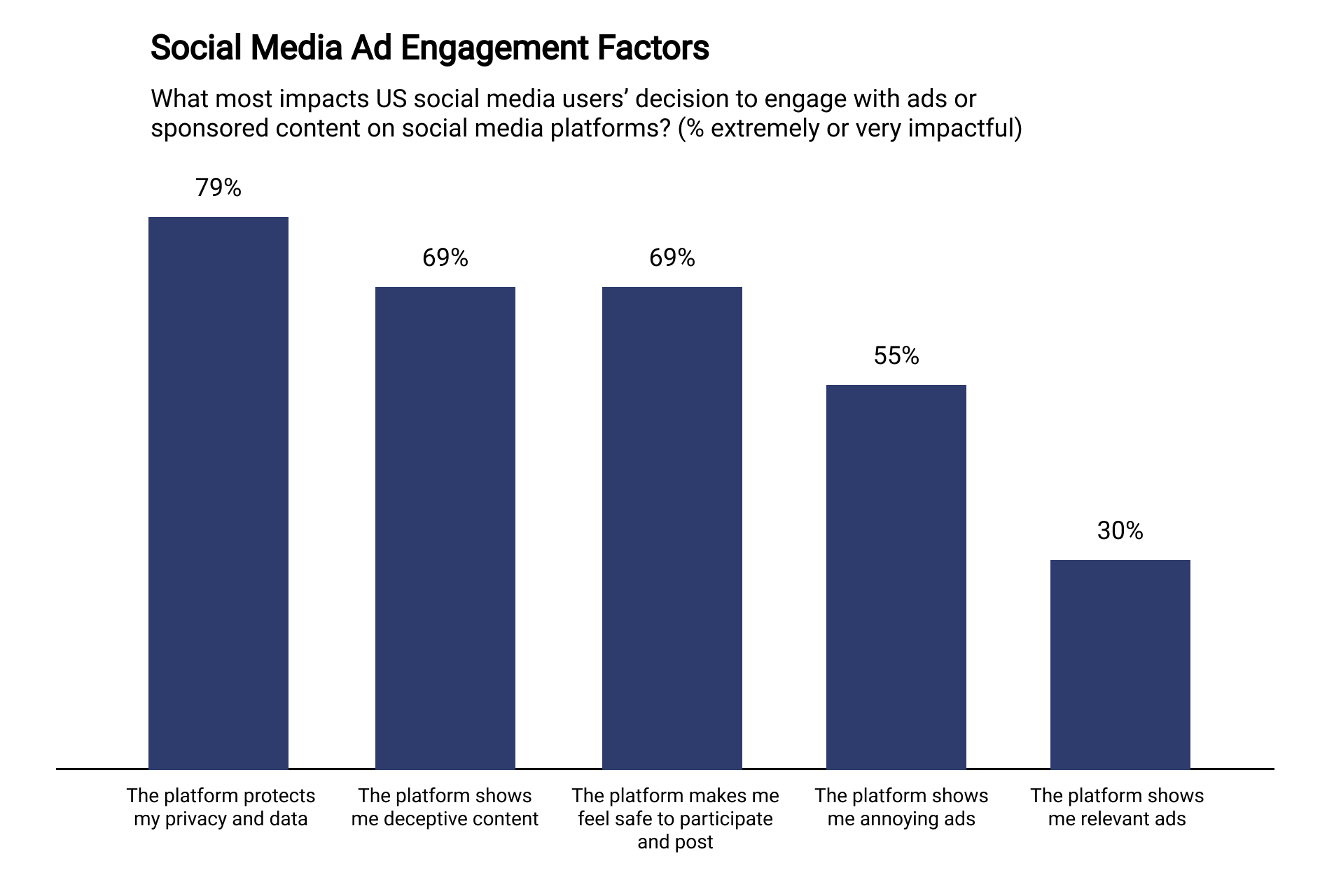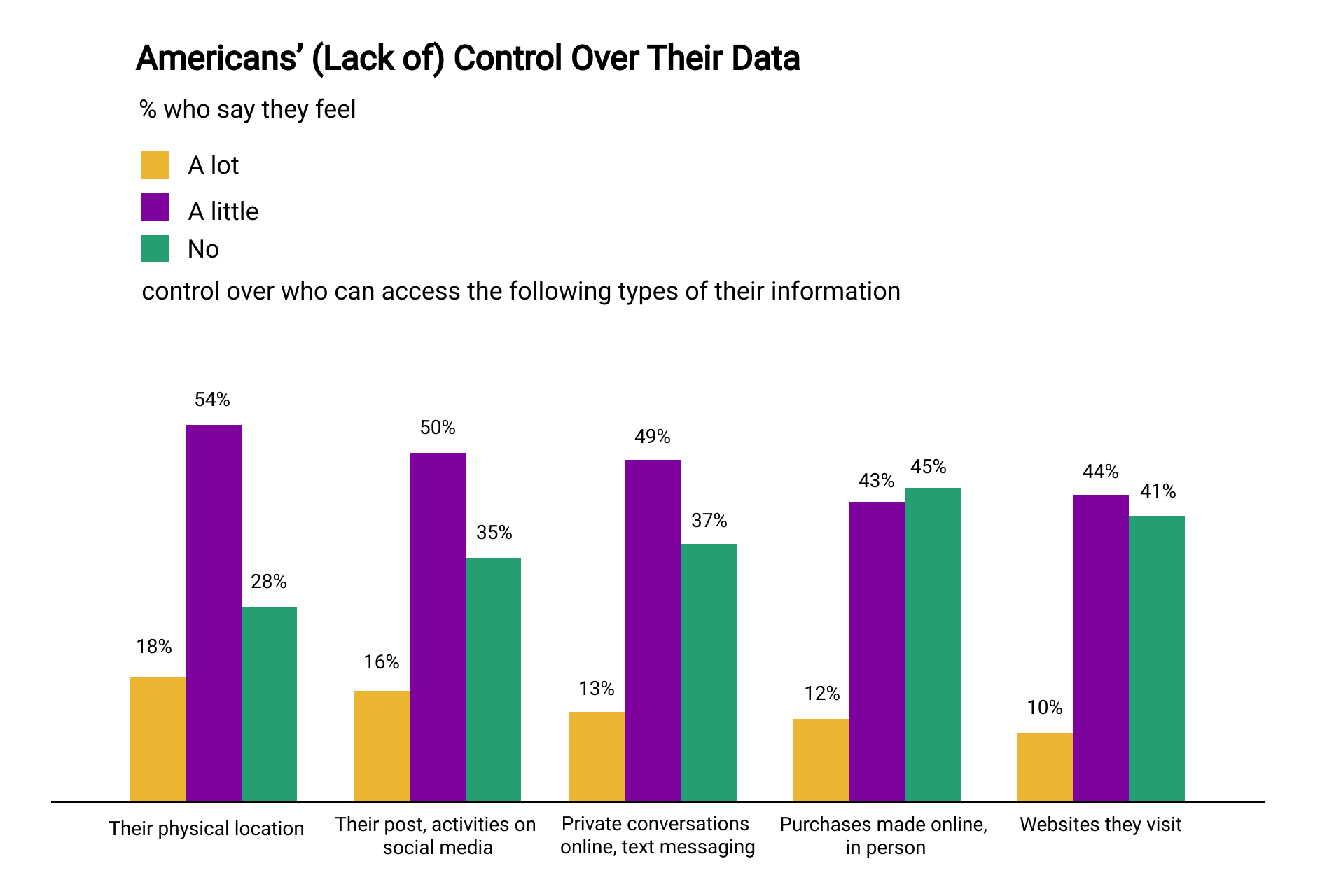The COVID-19 pandemic has turned the whole world upside down. The spread of the сoronavirus has affected all spheres of our lives: political, economic, labor relations, and, of course, business development.
Some companies could not resist the attack of the virus and closed down. Others quickly adapted to the needs of consumers and thus reached a new level. For example, now in hypermarkets it is possible to order the home delivery service, and employees of the hypermarket will deliver the ordered products home to the buyer wearing a mask and gloves. Banks allow people to apply for a credit card online, and bank representatives – wearing special protective outerwear – will bring it to the client's home.
However, one of the main problems that have escalated during the pandemic is the need to ensure consumer privacy. Unfortunately, during these difficult times, those who benefit from deceiving people have become more active. From January to April 2020, more than 22000 residents of the United States complained to the Federal Trade Commission about cybercriminals.
According to the Pew Research Center survey, 81% of Americans feel they have no control over the data that companies and the government collect about them. Therefore, people have become more cautious about providing information about them.
Marketers now need to take the issue of protecting customer data more seriously. A survey conducted by PwC three years ago showed that 87% of consumers would choose another company if they felt that their data was being treated irresponsibly. Nowadays, customers are really concerned about their privacy, and it makes sense to respect their wishes. Otherwise you have a risk of giving profits to competitors.
Another example: according to Marketing Charts, 79% of users will only interact with social media advertising if they are sure that the platform protects their data.
1. Unreliable tools for data protection
Because of the pandemic, many people have to work as distant employees. Some companies are able to provide the employees with special software, corporate equipment, and other tools to ensure security while working from home. Others don’t have the same opportunity. As a result, employees work on their personal devices, thus making confidential information easily accessible for cybercriminals. In addition, many of them have bought and used devices for distant work without checking their security and reliability.
Criminals, in turn, have become particularly active in using information about COVID-19 to influence people. Now users are sensitive to news about the pandemic, and they open any emails that contain information about the coronavirus. Phishing is exactly what is hidden in them.
2. Mass dismissals of staff
Because of the economic crisis in the world there were widespread layoffs of people. At first glance, this fact can in no way be linked to multiple cyber hacking. But unemployed people easily fall victims to cybercriminals. People, who were fired, receive letters with job offers. They open them and infect their devices with malwares and computer viruses.
Moreover, personnel of different security services were also among those dismissed. Some of them found new jobs, while others decided to use their accumulated knowledge in a different - criminal - way.
3. Return of employees to offices
After the end of the first wave of the pandemic, people resumed working in offices. Information security personnel began to reconfigure the system from remote access back to internal access. Just at that moment, the protection wasn’t as reliable as before.
The situation became further complicated by the fact that only part of the employees came out of quarantine, while others continued to work from home. In this case, it was necessary to adjust the protection to the new conditions.
Now you know from which sides you can expect a blow to information security. But you should not rely only on protection.
1. Collect only the necessary data. Do not require users to provide location, address, or additional phone numbers. When clients see that companies want to get a lot of extra information from them, first of all, their trust in the company is undermined; second, you have a lot of valuable data for hackers.
2. Restrict access to data. Why should your copy-writers and designers have access to marketers ' information? Give this opportunity only to those specialists who actually work with your customers ' data. This will reduce the number of vulnerability points. In addition, the fewer employees have access to confidential materials, the lower the likelihood of misuse of this information.
According to Marketing Charts survey 81% of Americans believe their data is less secure now than it was five years ago. So, try to minimize the number of people who have the opportunity to use customer data.
By the way, an administrator can control access roles using LDAP server when deploying the Altkraft Marketing platform not only within the organization, but also in the cloud.
3. Use the password management tool. If all employees use password management tools, it will reduce the risk of hacking. This service helps to store and encrypt complex passwords which are usually hard for people to remember. If a person does not have an access key, he will not be able to read any of the passwords.
4. Don't split the data. If you use different data stores, this means that information is stored in parts in unprotected places. When you have a lot of information, you may get confused about where the data is stored. This way, you won't even notice if there is a data leak.
We also offer Altcraft Marketing clients to use the built-in Audit service. Through it, the administrator can easily track which objects and when a particular user changed them.
5. Check whether the tools you use are safe. If you are planning to purchase a new marketing tool, make sure that it meets the security requirements.
For example, by integrating the Altcraft Marketing platform into your corporate network, you eliminate the possibility of confidential data leakage. Personal information of your customers will be protected, and will never be transferred to third parties. The platform also meets all the requirements of the legislation of the Russian Federation: Federal Law of 27 July, 2006 № 152-FZ On Personal Data, and Federal Law of 21 July, 2014 № 242-FZ on Amending Some Legislative Acts of the Russian Federation in as Much as It Concerns Updating the Procedure for Personal Data Processing in Information-Telecommunication Networks (with Amendments and Additions).
Conclusion
Now it is a good time to take certain steps to protect your customers' confidential data. Marketers must not only protect the information they receive, but also respect consumer privacy. This helps build the
relationships of trust that today are undermined by attackers. So value your customers' trust and they will stay loyal to your brand for a long time to come.









